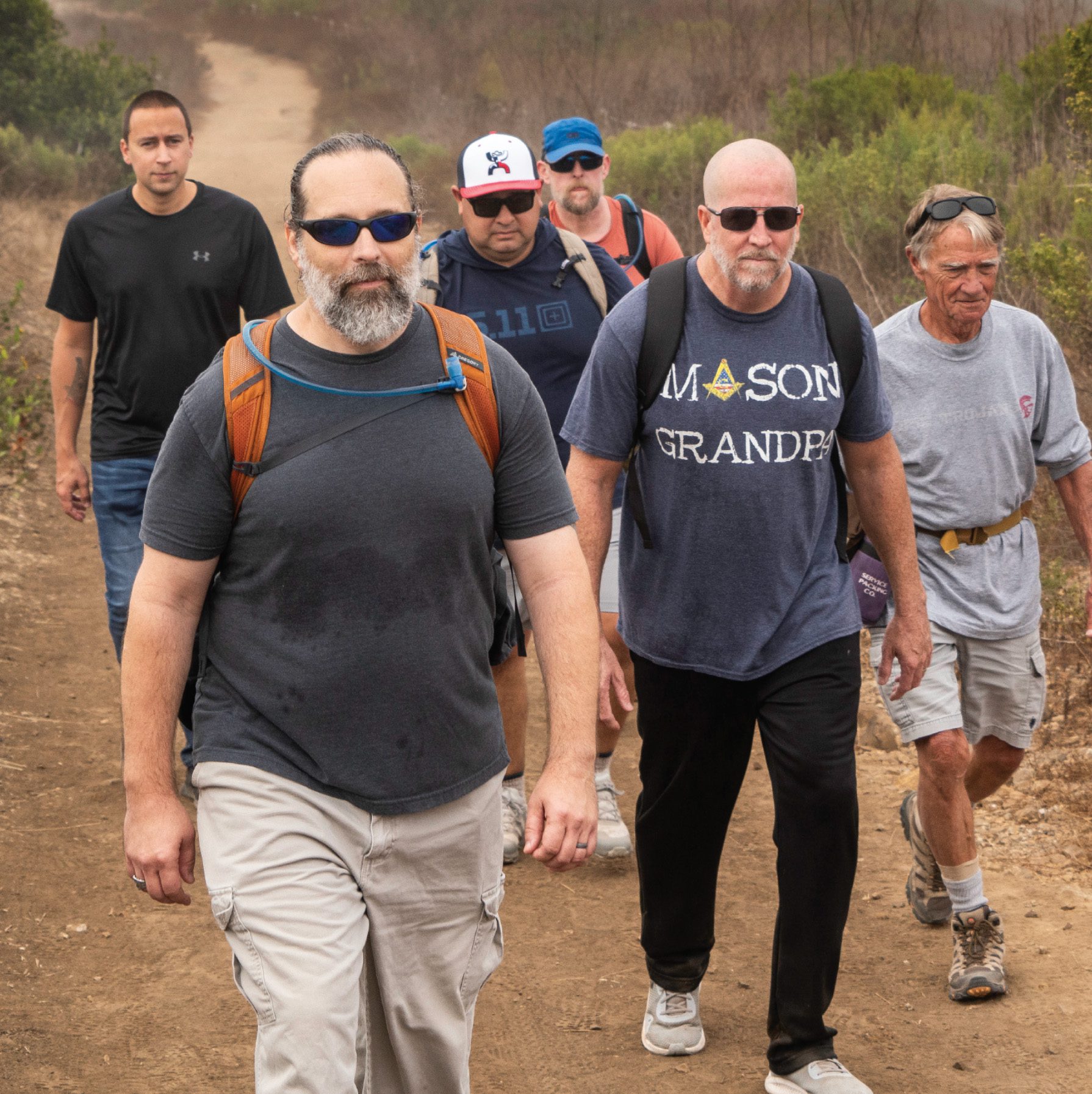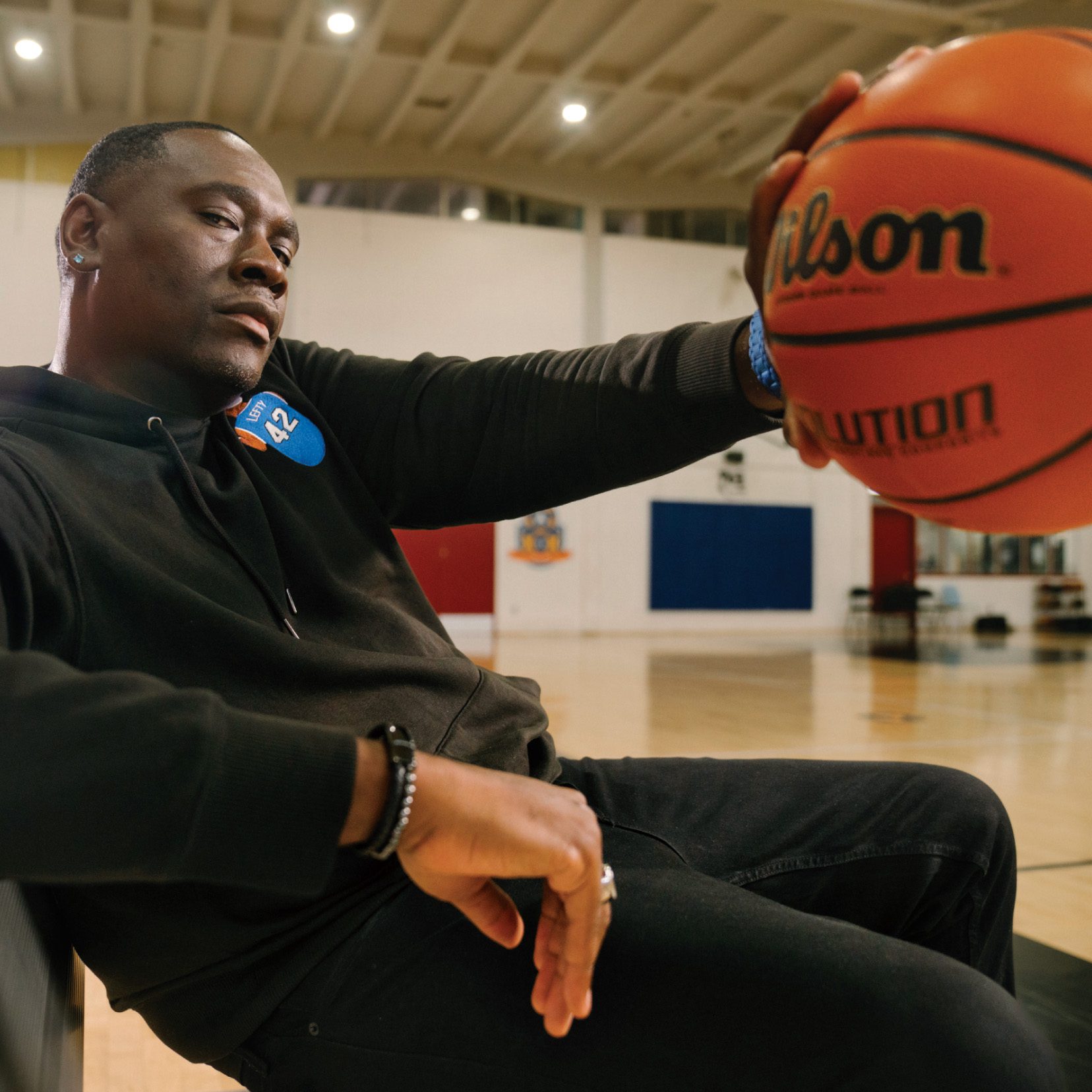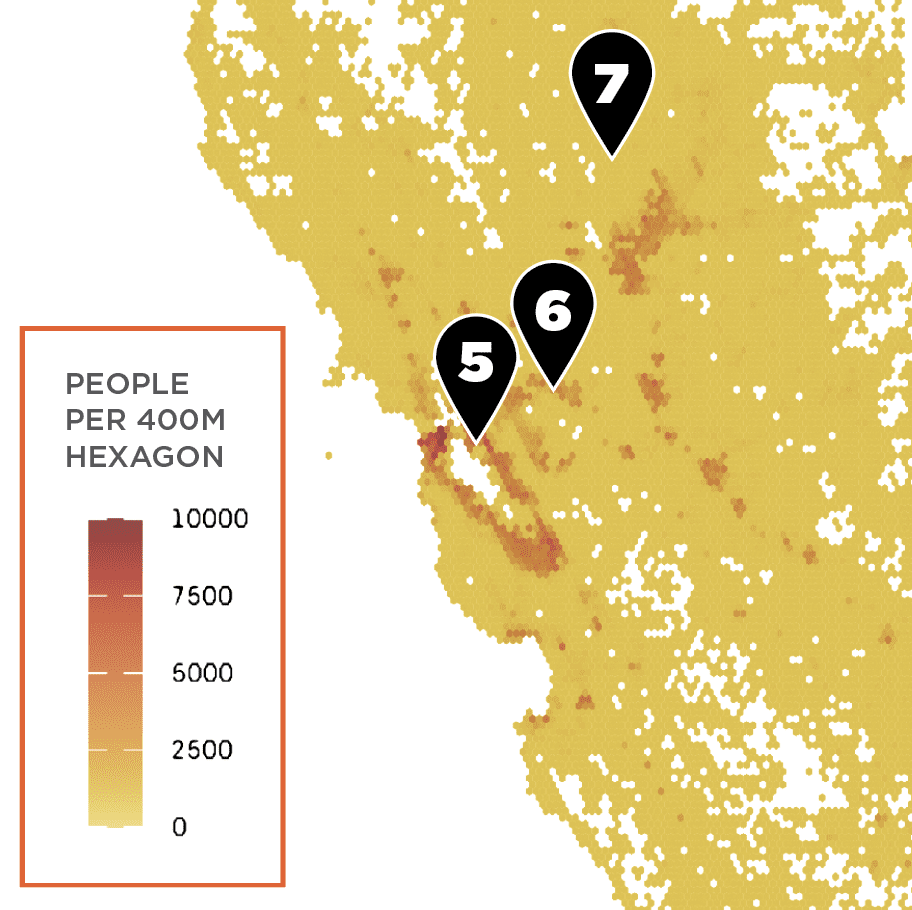
At Wayfarer’s No. 889, a Lodge Under the Sun and Stars
In Orange County, a new lodge is bringing together Masons with a love of the outdoors.

By Ian A. Stewart
Aaron Fleishhacker and Philip Lilienthal were among the most influential Jewish figures of early San Francisco, builders of its post-Gold Rush fortune. Both were also members of Fidelity № 120, a lodge comprised primarily of Bavarian-born, Jewish businessmen—one of the most important and historic lodges in California. Of course, Fidelity Lodge is long gone, having consolidated into Crockett № 139 in 1998. Today, its history is part of the smorgasbord that makes up the current San Francisco № 120, itself the descendent of an incredible nine lodges that, over the years, merged, consolidated, or died out.
Now, the Grand Lodge of California is on a mission to ensure the history of Fidelity—and other long-since-consolidated lodges like it—lives on.
The Lodge Records Survey pilot program is an effort to collect, inventory, and preserve the records of the Bay Area’s extinct lodges. Over the coming year, the program will expand to all of California. In the case of lodge consolidations, things like tiler’s records, membership reports, and other correspondence often end up in a dusty attic or, oftentimes, a secretary’s garage. By centralizing those records at the Grand Lodge’s archives, they can be inventoried and made available to researchers interested in California and fraternal history.
In the Bay Area alone, today’s 30 extant lodges represent more than 120 consolidated groups from the past. Columbia-Brotherhood № 370, for instance, is made up of an incredible 16 lodges— including several of historic importance, like Balder № 393, which formed in 1908 as the state’s first Swedish lodge, and which used to meet at the Swedish-American Hall on Market Street.
Joseph Evans, manager of the archives, points out that there have been nearly 900 Masonic lodges in California history, yet only about 330 are still in existence. The vast majority of those 500-plus extinguished lodges’ records are held by the lodges they consolidated into.
“It’s important to maintain these records for historical purposes,” Evans says. “It’s all about preserving the history of these lodges—and it’s a huge dataset for anyone doing research on Freemasonry.”
Lodges interested in learning more can contact Evans at jevans@freemason.org.
Photo by
Kevin Meynelle

In Orange County, a new lodge is bringing together Masons with a love of the outdoors.

Meet Harold “Lefty” Robinson, a former Globetrotter bringing his flashy hardwood moves to the Masonic lodge room.

Grand Lodge’s New Lodge Development team gives a sneak preview of the areas they’re targeting for growth.